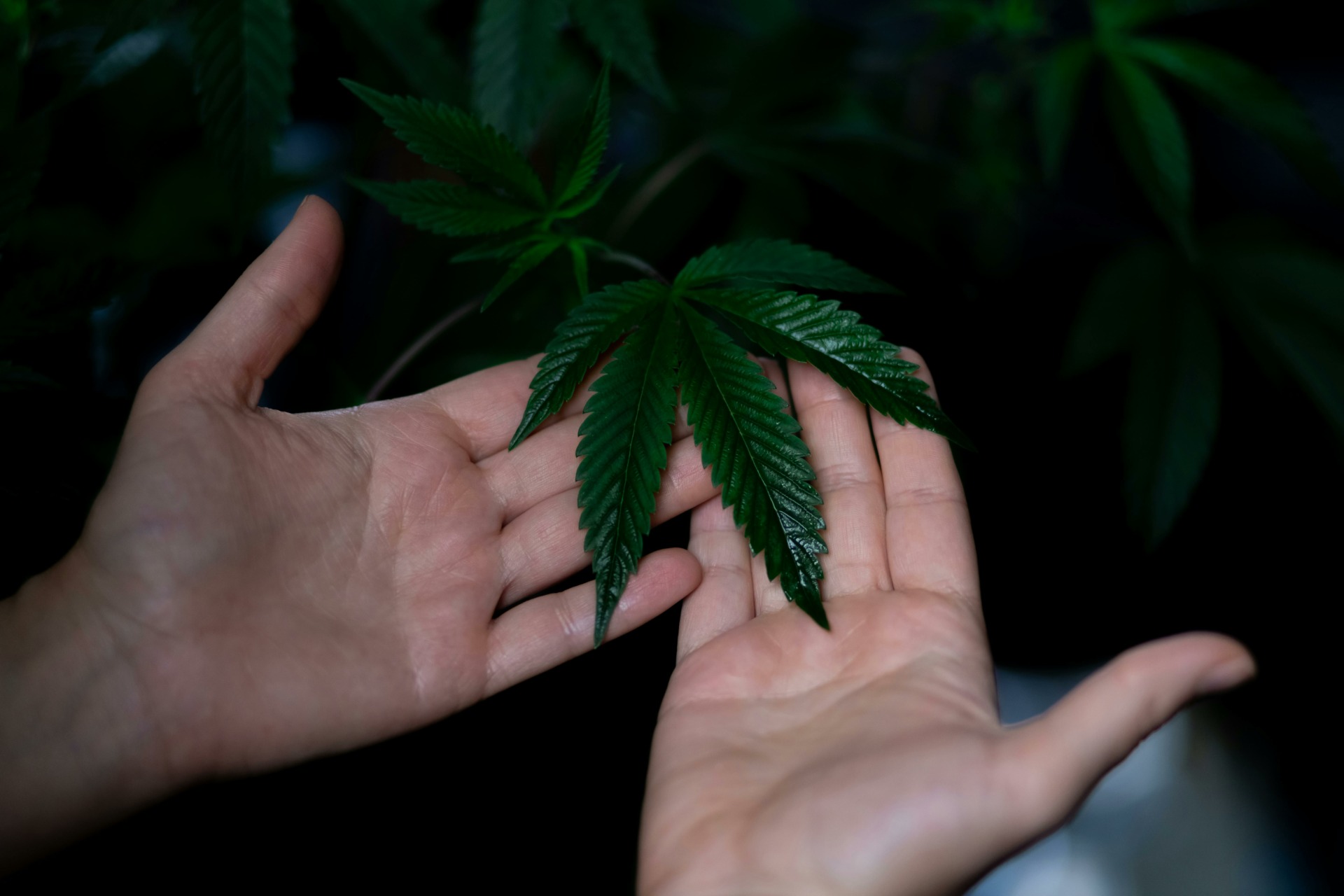Humans have used cannabis for thousands of years, and we’ve done a great job of tailoring it to our needs through a long history of selective cultivation. But as cannabis research restrictions loosen, and demand for the plant increases, many now wonder whether we’re on the brink of a new era in cannabis production. Could genetically modified cannabis be right around the corner?
Some say yes, but many experts disagree. While companies are already working on producing single-cannabinoid plants, they say it’s not genetic modification that will change how we produce cannabis, but rather a technique known as genetic editing.
FOLLOW US ON FACEBOOK & INSTAGRAM
Genetically Modified Cannabis?
Genetic modification involves splicing in genes from one organism into another organism. Meanwhile, gene-editing uses genes in the editing process that already belong to the original organism itself.
Genetic modification is fairly common. Especially when it comes to agricultural products, genetic modification has been used to make crops that are hardier, larger and better able to withstand the conditions of conventional farming. While many see genetic modification as a beneficial development, others worry it could lead to problems down the road.
But regardless of your view on genetically modified products, now that cannabis is becoming a legal agricultural crop in many areas, people have begun to wonder when cannabis as a genetically modified organism (GMO), rich with unnaturally high levels of tetrahydrocannabinol (THC) or other desirable cannabinoids, will start to hit the shelves.
Rumors of GMO cannabis started popping up back in 2016, when a fake news article claimed that Monsanto—one of the world’s largest producers of GMO agriculture products—had begun development of a GMO cannabis strain.
But according to Monsanto, this rumor is unfounded. “Monsanto has not and is not working on GMO marijuana,” the company clarified on its website, adding, “This allegation is an internet rumor.”
The GMO Cannabis Debate
Still, the rumor got people talking and looking ahead (either in fear or hopeful expectation) to the time when GMO cannabis is a reality. “The cannabis industry should be aware that sooner rather than later, there will be big agriculture at play in this industry,” says Reggie Guadino of Steep Hill Labs, a California-based cannabis testing lab.
Reggie believes GMO cannabis will be coming soon. “I think a lot of people are afraid of it, because of genetics,” he says. “Really, it’s something that all agriculture does because it makes sense, because we have the tools and the technology and can do things in a more cost effective, intelligent manner.”
But other experts disagree. Mowgli Holmes, genetics researcher and CEO at the Portland-based cannabis research company Phylos Bioscience says that genetic modification may not be as useful for cannabis as it has been for other crops. “I don’t think there is anything that GMOs could do for cannabis that we need that couldn’t be done by advanced plant breeding technique,” he explains, adding “GMOs can make cannabis that glows in the dark, but we don’t need that.”
CJ Schwartz, a cannabis genetics expert and biochemist at Colorado genomic research company Marigene, agrees, saying, “I truly don’t think there is any GMO cannabis out there.” He says that genetic modification could get plants to do tricks like produce more THC, but that it isn’t needed for this.
“There’s also ways that nature will do that by itself through gene duplication,” he says.
The Science of Genetic Editing
The genetic experts don’t think GMO cannabis is likely, not because it’s impossible, but just because it seems unnecessary. Still, a similar technique, genetic editing may be better at transforming cannabis into a more efficient crop.
In fact, one company, Ebbu, a Colorado-based cannabis research company, is already using this technique to create single cannabinoid plants—rich with one particular cannabinoid.
Ebbu has focused on the science of maximizing yields of particular cannabinoids. “The plant is a wildly efficient way of producing complex compounds,” explains Ebbu’s CEO Jon Cooper. “From a processing perspective, it’s a lot easier if that plant is only producing one compound. What if we could just make a CBG-only plant?”
RELATED: BEYOND THC AND CBD; WHAT YOU NEED TO KNOW ABOUT CBC, CBN & CBG
And so, they are. A CBG or cannabigerol-only cannabis plant is currently in development and is expected to be available in the near future.
Ebbu has used genetic modification in the past. In fact, it used jellyfish DNA to make cannabis that glows in the dark. (Sorry, Ebbu won’t be releasing those genetics.) But the company doesn’t see much use for it and so is focused on gene editing instead. Cannabis already has everything we need within its own genetic code.
Using these genetic editing techniques, researchers could create plants to produce a variety of isolated compounds more efficiently. These isolated compounds could then be combined in specific ratios to create more complex medicinal products.
While it’s unlikely anyone will want to smoke these single-compound flowers, they would make things easier and more cost effective for producers to create infused products with precise ratios of cannabinoids and terpenes.
We’ll have to wait and see how the CBG-only plant turns out. But the potential to change the way the industry produces cannabis’s active components is huge.
While a future of GMO cannabis may be unlikely, one with single cannabinoid plants appears to be just around the corner.
Photo credit: Mark
If you’re new to cannabis and want to learn more, take a look at our Cannabis 101 index of articles. HelloMD can help you get your medical marijuana recommendation; it’s easy, private and 100% online.






